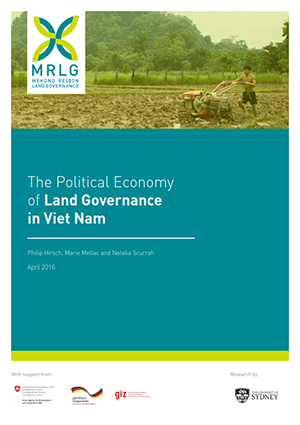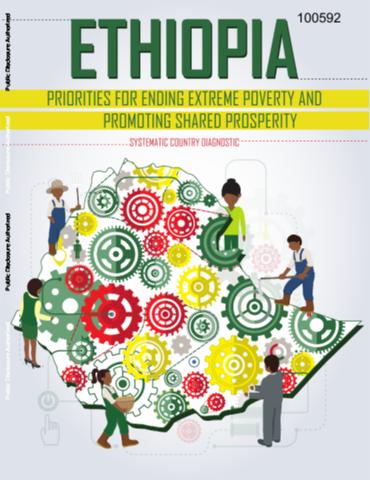Government Spending and Poverty Reduction in Vietnam
The objective of this study is to analyse the impact of various types of
government spending on growth and poverty reduction, using provincial level data over
the last decade. Government spending reduces poverty through many channels such as
agricultural growth and improved nonfarm employment. We will try to capture all these
different effects in the analysis if the data allow. This paper opens with a review of
Vietnam’s economic reforms and growth over the past decade. We then sketch Vietnam’s





